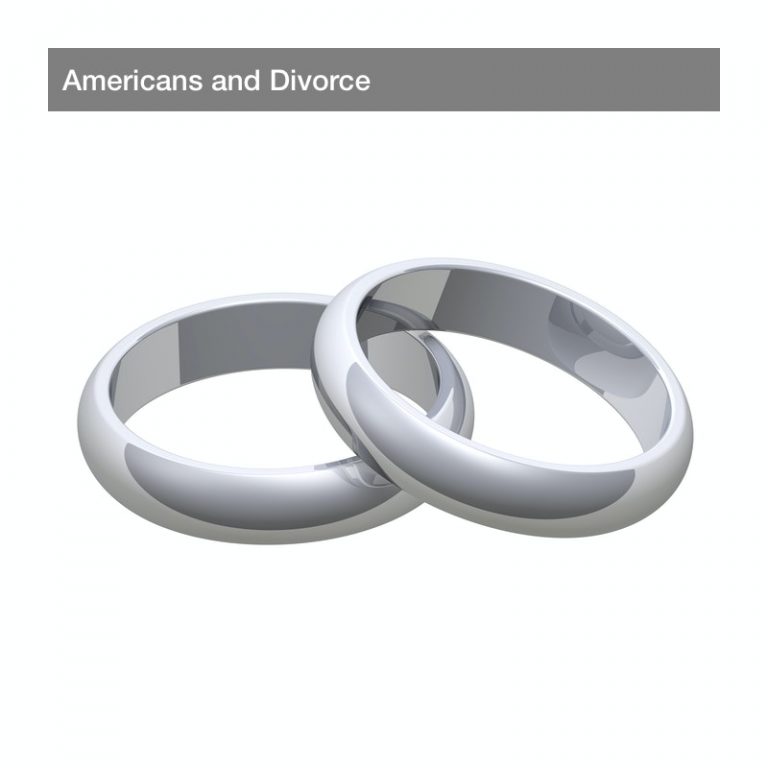Three Signs of Wrongful Termination


Was you was your firing illegal? It’s an unmatched feeling, the feeling in the pit of your stomach when you get called into your boss’s office, knowing what’s coming next. Your job is being terminated. It’s particularly sickening when, in the back of your head, you’re asking yourself was your firing illegal? It’s one thing to lose your job over your own bad performance, but when you have to question “was your firing illegal?” it feels particularly unjust.
If you are recounting the events that led to your dismissal and asking “was your firing illegal,” it’s probably a good time to continue reading, we’ve put together a few signs that you should talk to your employment lawyers about your illegal firing.
Three Signs of Wrongful Termination
- Your boss violated your contract, whether written or implied.
When you are hired to work for a company, you make an agreement to do a certain amount of work in exchange for an agreed-upon pay. Whether it is in writing or not, this is a binding contract. In some cases, your employment contract will include time-frames in which you’ll work for them (perhaps 24 months, or until a project is complete). If this is the case for your employment, you might have grounds for a wrongful termination case.
Additionally, your employer probably has an official Code of Conduct, that outlines what is unacceptable behavior. The Code of Conduct most likely outlines the process for terminating an employee. You’ll likely be subject to written warnings or formal reprimands before you are terminated. This Code of Conduct is a written contract that your boss is subject to follow, along with yourself. If your boss’s action violate the terms in the Code of Conduct, whether in his treatment of you, or in the manner in which you were fired, you could have grounds to file a wrongful termination claim. - You were subject to discrimination.
While most states are “at-will” work states, which means that an employer can terminate an employee without cause, almost every state has legislation to protect people from being fired due to their age (if they are over the age of forty; some establishments have age parameters for a minimum age you have to be; although that likely won’t be an issue if you truthfully represented your age when applying), their sexual orientation, their race, gender, or disability. In fact, in many states, there are even laws to protect you from being fired if your marital status changes, or if you were to get pregnant.However, if you are filing a wrongful termination case as a result of discrimination, you might find it particularly difficult to prove that your termination is a result of discrimination. Most employers aren’t going to straight out tell you that you are being termination because of one of the discriminatory factors mentioned above. They’ll most likely have another excuse to justify their actions. There is only one piece of advice we can give you to avoid this: document, document, document. The better you maintain records about your performance and the issues that arose that make you think your termination was a result of discrimination, the more your lawyer has to work with to get you the settlement you deserve.
We’ll throw this in for free: after being terminated, waste no time getting a lawyer. There are strict time limits on discrimination cases. Only your lawyer will be able to guide you through the complicated process and get in under the wire. - Your firing was a breach of good faith, or was unfair.
If the way your boss went about firing you was unfair, you might have grounds for a discrimination case. For example, perhaps you worked hard to close a deal, and then just before it was final (and your boss would have to pay you a huge commission), they let you go. The same concept applies to promotions or bonuses. You’re told to put in the extra hours or go the extra mile under the pretense that you have a promotion or bonus coming, and then instead of rightfully giving you the promotion you were due, you are suddenly terminated so that you can be replaced with an employee that will cost less. Once again, with good documentation, you might have a valid wrongful termination claim here.
Questions? Share below!
